CEBIT 2018: Huawei launches hybrid cloud offering on Azure Stack
Chinese networking giant wants to be the conductor in the "symphony" of digital transformation

Huawei has launched a hybrid cloud service built for Azure Stack, Microsoft's offering that brings Azure into customers' datacentres as a private cloud.
Built on Huawei's FusionServer V5 servers and CloudEngine switches, Huawei said the tool will allow enterprises to enable digital transformation projects by bringing Azure cloud services to on-premise sites where there is low connectivity, such as an aircraft or an oil rig.
Huawei is one of many firms working with Microsoft on producing services for Azure Stack, but speaking at CEBIT 2018, Microsoft partner director for Azure Stack, Vijay Tewari, labelled the vendor's relationship with Huawei in particular as deep and strong.
"In terms of working with partners, the amount of time that Huawei [took] to launch the product was the shortest time it took as compared to any other partner, so we have a very strong engineering relationship with [president of server product line] Qiu Long and others at Huawei," he said.
Huawei believes it is pivotal to pair its infrastructure with partners' applications as it designs technology for use in smart cities, the cloud, and networking.
The Chinese networking giant likened digital transformation to a "symphony" as it promoted partnerships with a range of companies including Microsoft and UK-based Purple Wi-Fi, the latter of which it is offering its networking infrastructure to allow the Wi-Fi platform to extend the range of analytics tools it can offer customers.
Purple Wi-Fi will be able to offer customers more detailed tracking information for consumers, with a view to boosting shopping experiences.
Get the ITPro daily newsletter
Sign up today and you will receive a free copy of our Future Focus 2025 report - the leading guidance on AI, cybersecurity and other IT challenges as per 700+ senior executives
The company also outlined how it plans on using its partnerships with local companies to migrate projects to a global scale, with president of Huawei western Europe, Vincent Pang, outlining how a number of small-scale initiatives in Paris and London have helped the company win business elsewhere in the world.
"We want to build a local road here, we want to work with our local partners, we want to have more innovation to create end-to-end best practice here in Europe - but it's not only for the local innovations, but how we can use these for the global market, and global vertical transformations," he said.
Pang explained how a smart water project in Paris paved the way for expansion into Shanghai, while a smart logistics project with London's DHL helped the company win a business case for a car manufacturer in China.
Huawei's attempt to position itself as a leading player in the smart city scene arose with the lunch of the 'Rhine Cloud', a smart city and public services cloud platform, expanding on an initial memorandum of understanding signed earlier this year.
The new framework agreement extends the commitment to building a smart city platform in Duisberg, Germany to serve as a model that the company is hoping to export to the rest of western Europe.
Huawei's first smart city digital platform includes five resource coordination capabilities for IoT, big data, a geographic information system (GIS) map, video cloud, and converged communications; all combining to share the basic resources with partners, and facilitate development of applications.
Martin Murrack, director of digitisation for Duisberg, outlined some of the benefits citizens should expect from the smart city collaboration with Huawei, including free Wi-Fi access and innovations in education, as well as unveiling the first Rhine Cloud-based SaaS platform, which digitises indoor environments, developed by Navvis.

Keumars Afifi-Sabet is a writer and editor that specialises in public sector, cyber security, and cloud computing. He first joined ITPro as a staff writer in April 2018 and eventually became its Features Editor. Although a regular contributor to other tech sites in the past, these days you will find Keumars on LiveScience, where he runs its Technology section.
-
 Cleo attack victim list grows as Hertz confirms customer data stolen
Cleo attack victim list grows as Hertz confirms customer data stolenNews Hertz has confirmed it suffered a data breach as a result of the Cleo zero-day vulnerability in late 2024, with the car rental giant warning that customer data was stolen.
By Ross Kelly
-
 Lateral moves in tech: Why leaders should support employee mobility
Lateral moves in tech: Why leaders should support employee mobilityIn-depth Encouraging staff to switch roles can have long-term benefits for skills in the tech sector
By Keri Allan
-
 'Digital hide-and-seek': Workers are wasting hundreds of hours a year sourcing the information they need to carry out their role
'Digital hide-and-seek': Workers are wasting hundreds of hours a year sourcing the information they need to carry out their roleNews Knowledge workers globally are wasting a quarter of their working week tracking down information, new research from Atlassian has revealed.
By George Fitzmaurice
-
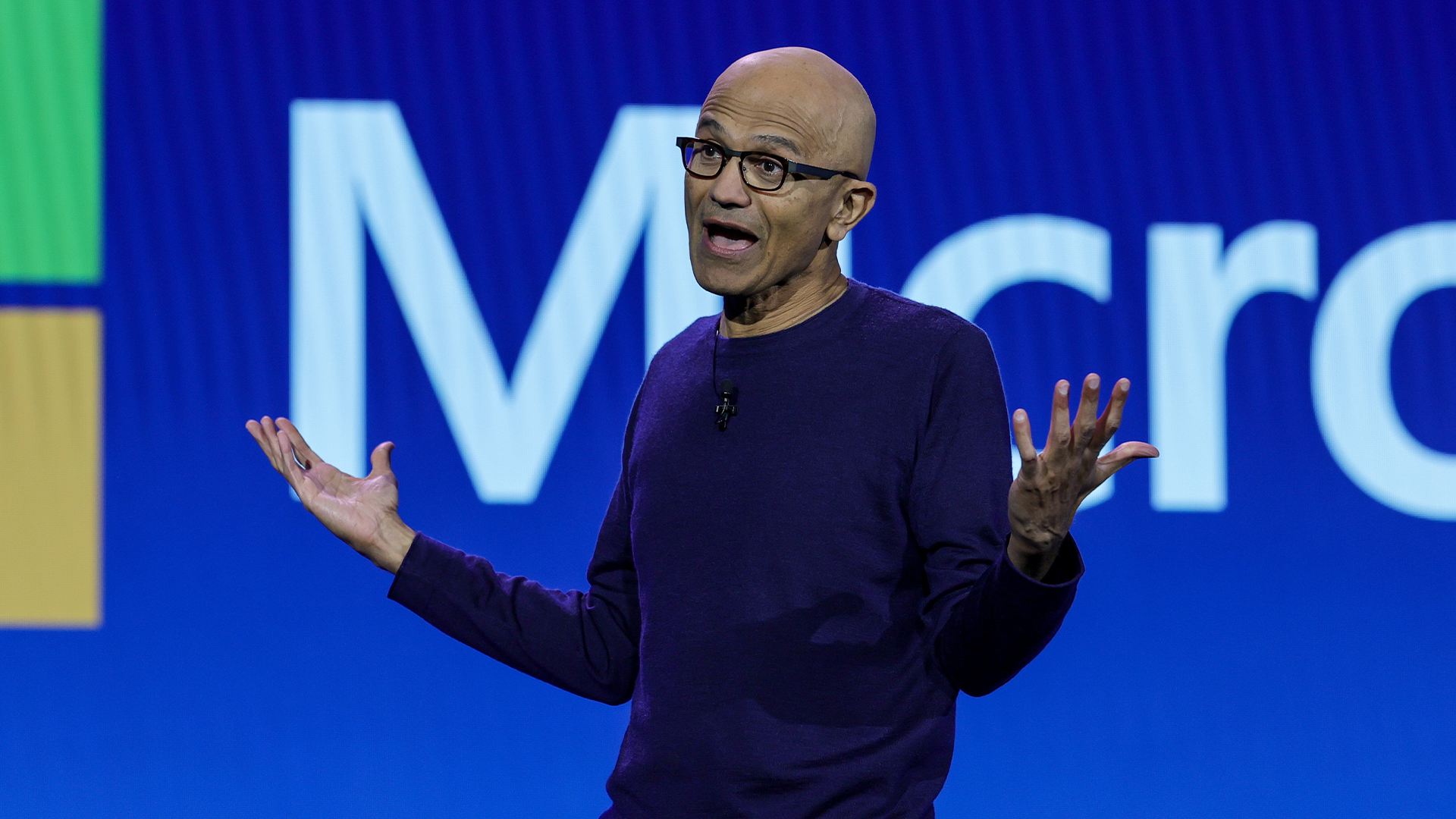 Microsoft promises more AI spending despite cloud cost stumble
Microsoft promises more AI spending despite cloud cost stumbleNews Microsoft recorded revenue and earnings growth in its latest quarterly results, but higher than expected costs in cloud and AI raised investor concerns.
By Nicole Kobie
-
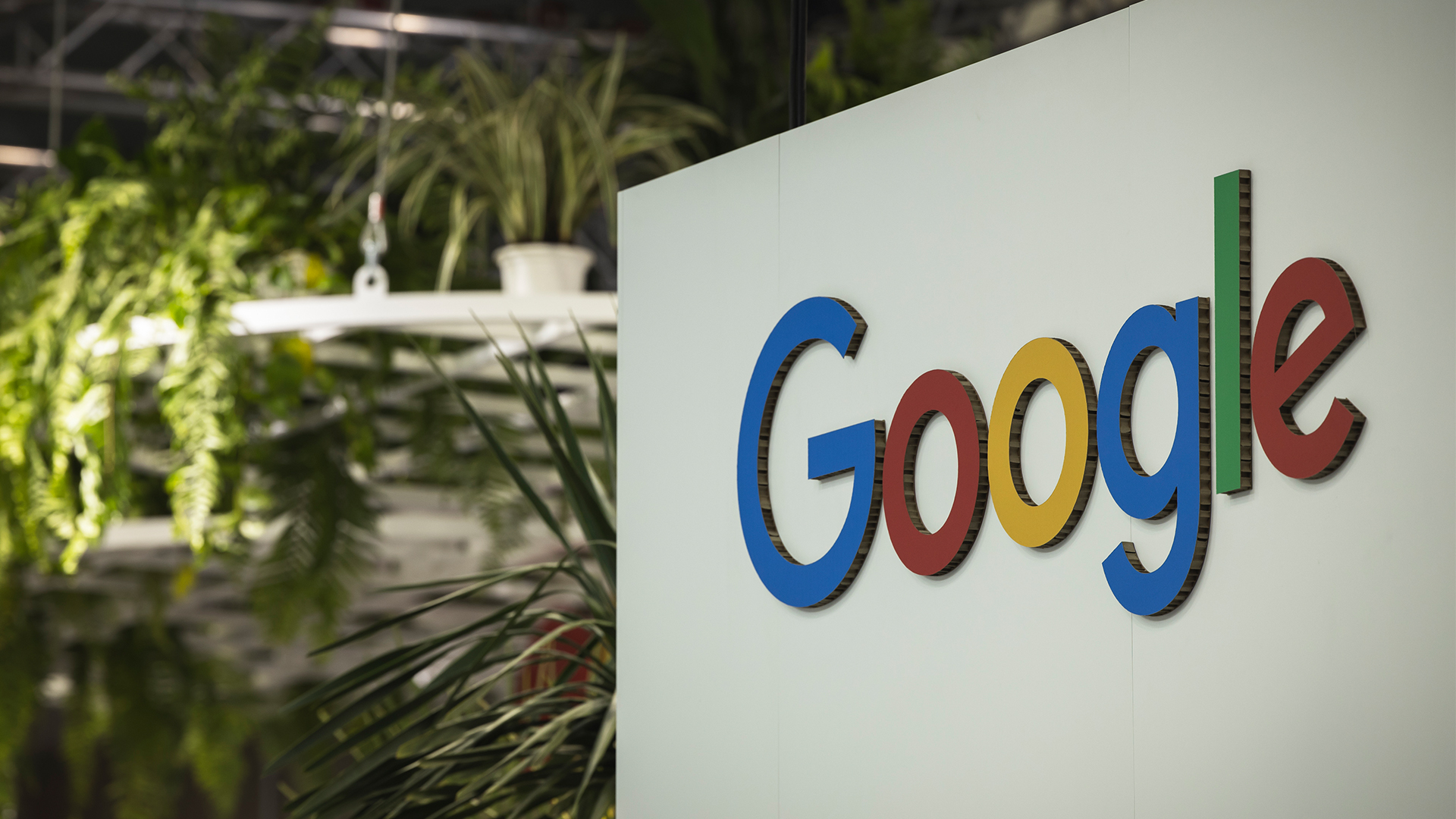 Google wants regulators to break up Microsoft's OpenAI deal
Google wants regulators to break up Microsoft's OpenAI dealNews Google has already been nipping at Microsoft’s heels in the European cloud market over competition concerns
By George Fitzmaurice
-
 How Mondra is targeting food net zero using Microsoft Azure cloud computing
How Mondra is targeting food net zero using Microsoft Azure cloud computingCase study Combining predictive AI and OpenAI models, the firm aims to shine a light on hard-to-pinpoint Scope 3 emissions figures
By Rory Bathgate
-
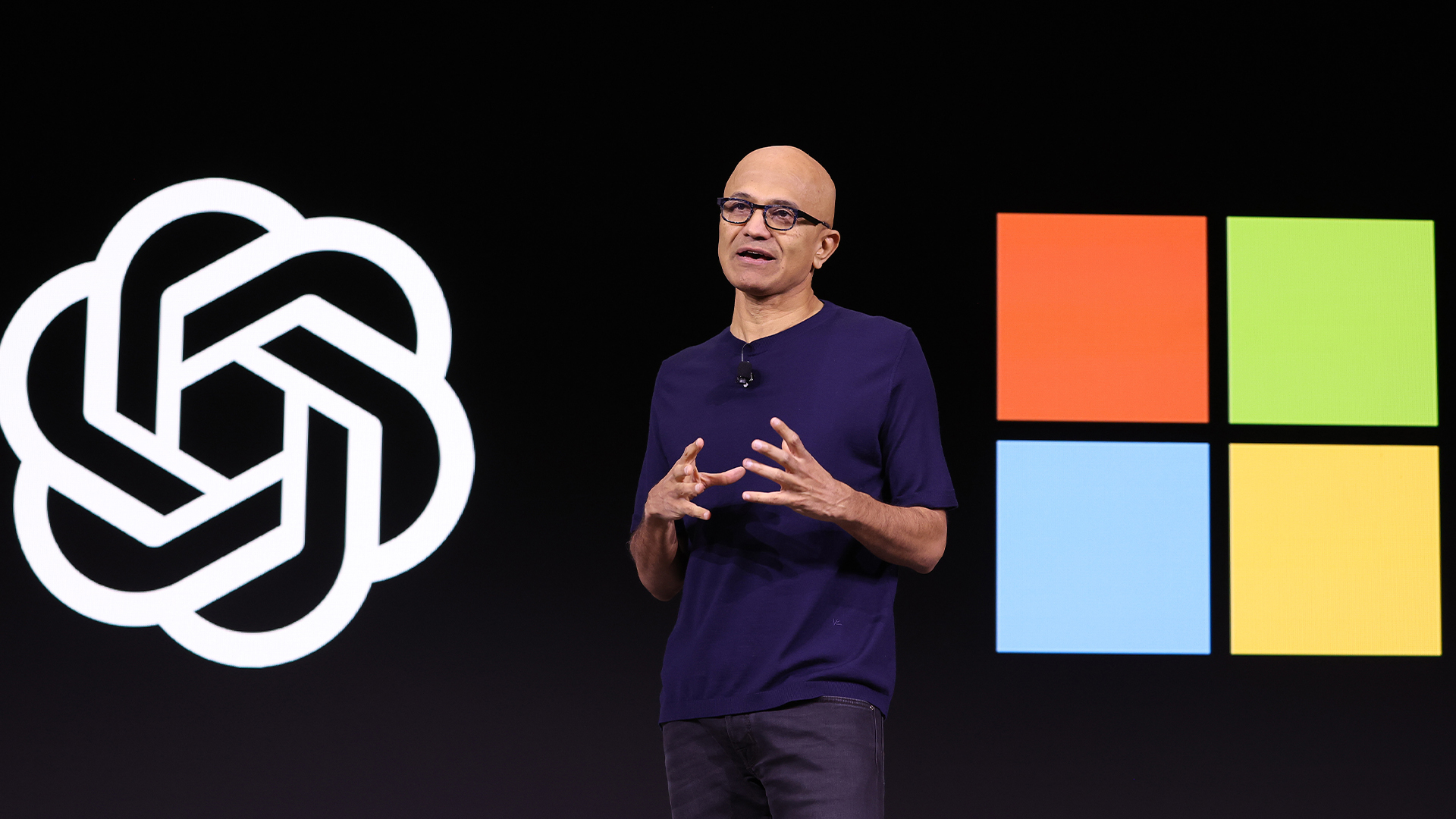 Microsoft facing FTC antitrust probe over cloud, AI competition concerns
Microsoft facing FTC antitrust probe over cloud, AI competition concernsNews Microsoft could be set for another antitrust battle, this time focused on cloud and AI
By Nicole Kobie
-
 Untethered: How CIOs and CISOs are paving the way for the new hybrid workforce
Untethered: How CIOs and CISOs are paving the way for the new hybrid workforceWhitepaper Effective techniques to transition from exposed legacy infrastructure to an effective zero trust strategy
By ITPro
-
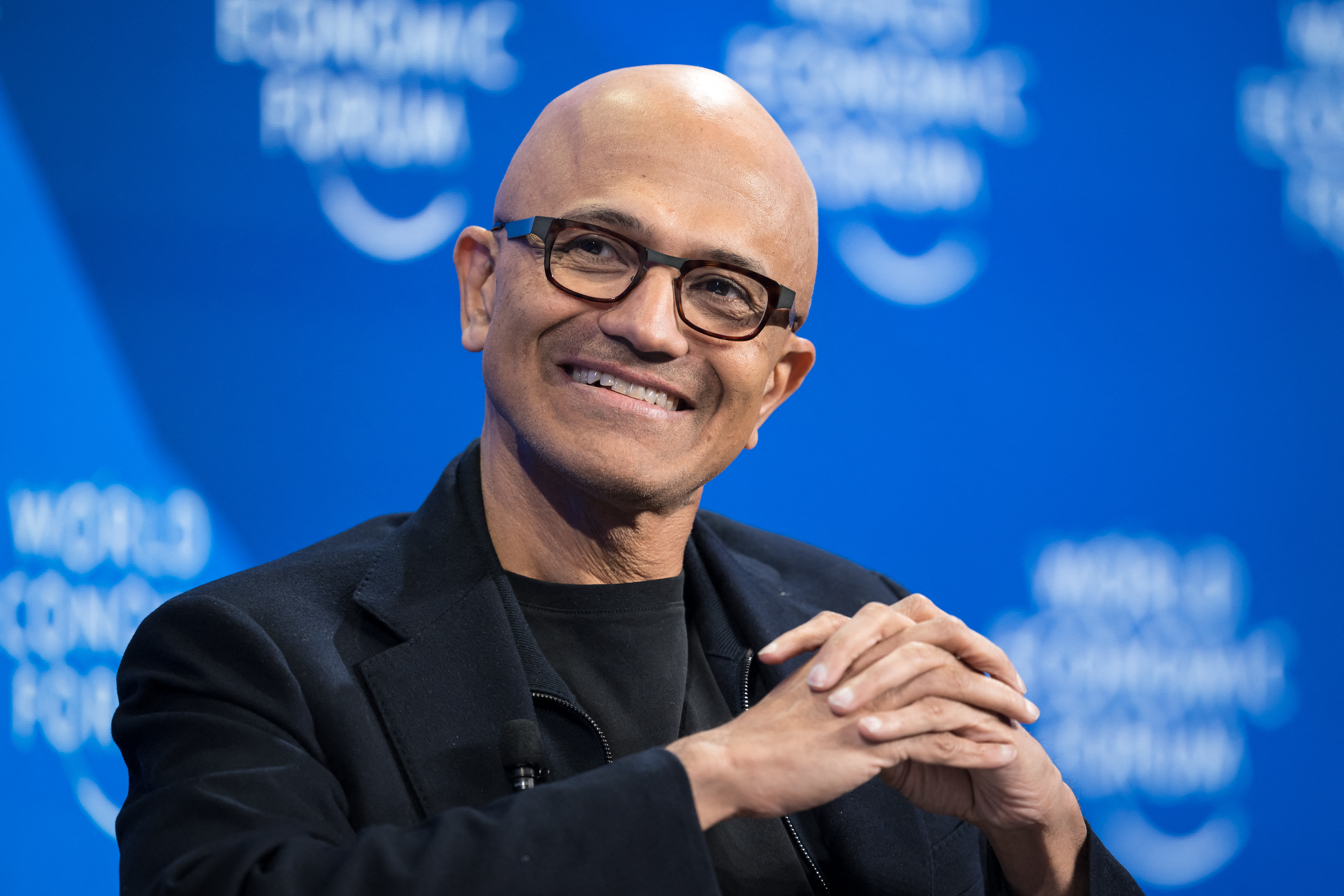 How Satya Nadella's first decade at Microsoft took it from tech giant to undisputed industry titan
How Satya Nadella's first decade at Microsoft took it from tech giant to undisputed industry titanAnalysis Microsoft’s spike in value under Satya Nadella has taken it to lofty heights amid a sharpened focus on cloud and artificial intelligence
By Rory Bathgate
-
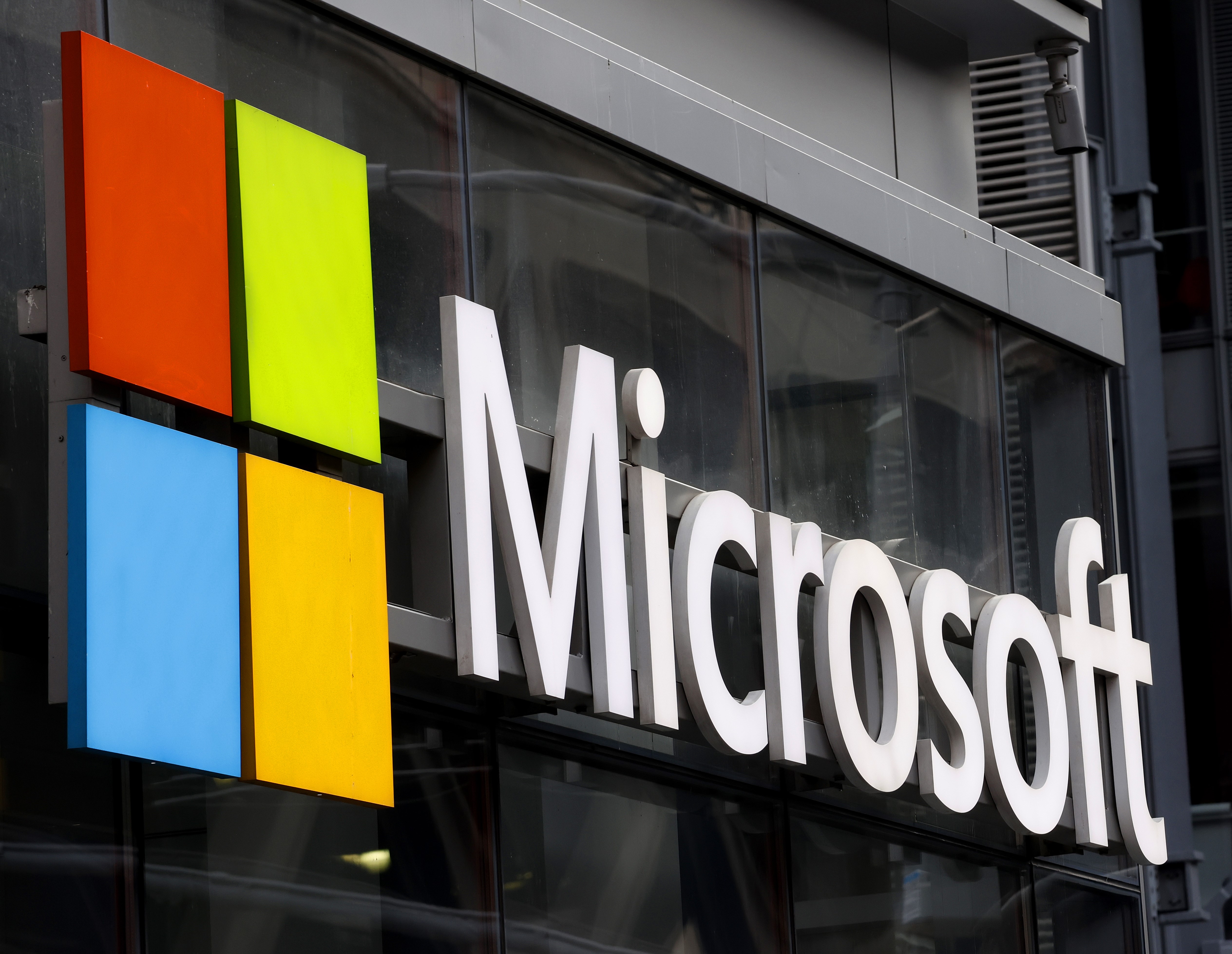 Insight strikes new Microsoft agreement to drive cloud growth
Insight strikes new Microsoft agreement to drive cloud growthNews The new agreement builds on the organizations' existing AI-focused relationship
By Daniel Todd